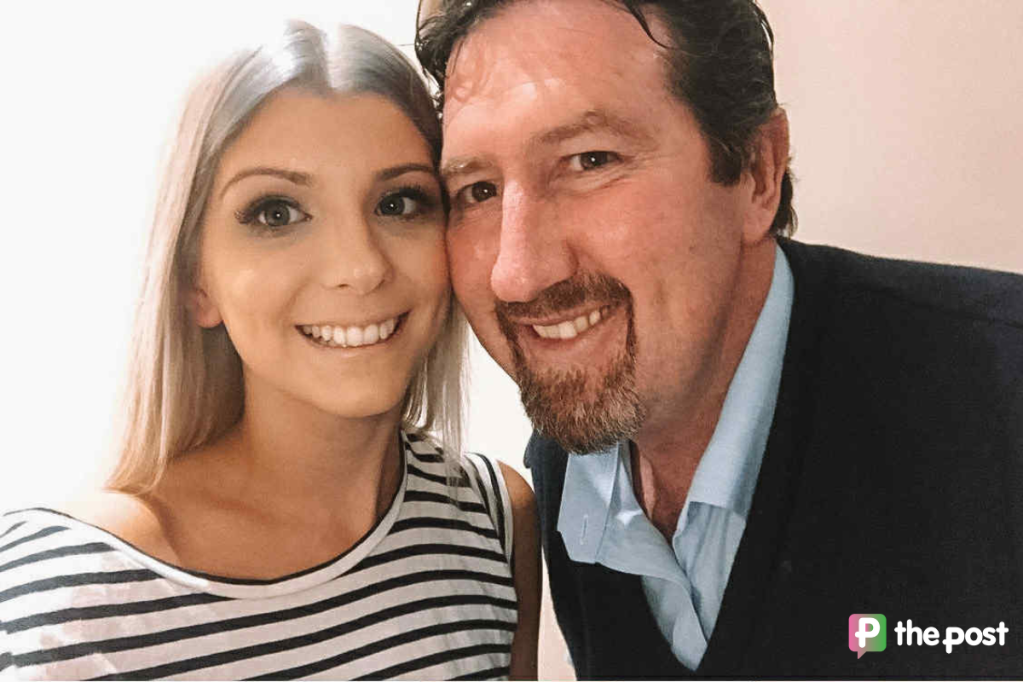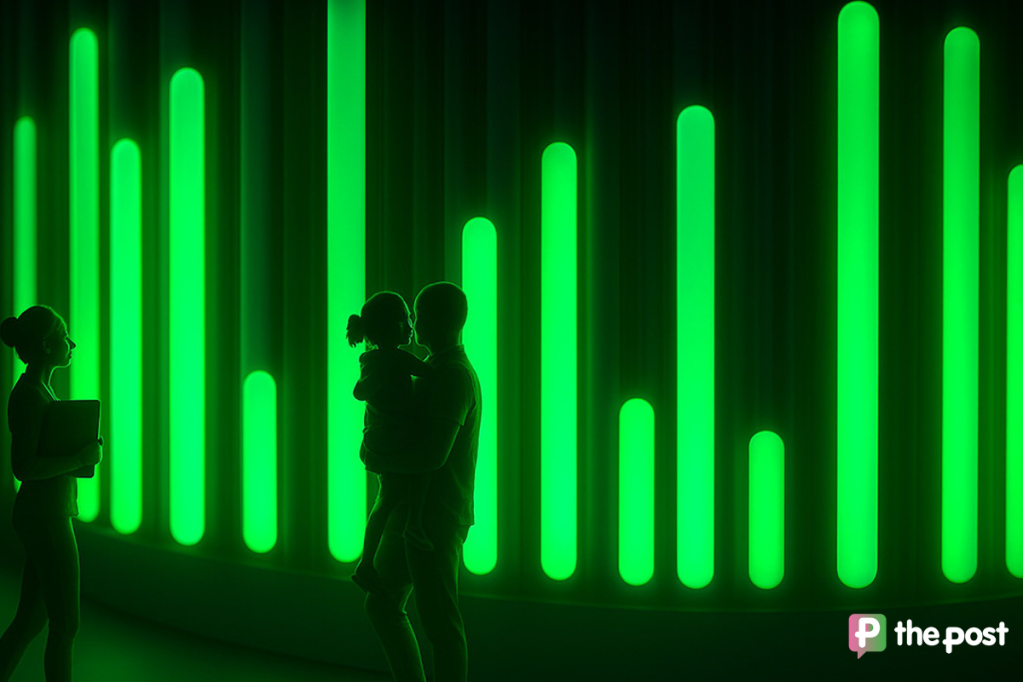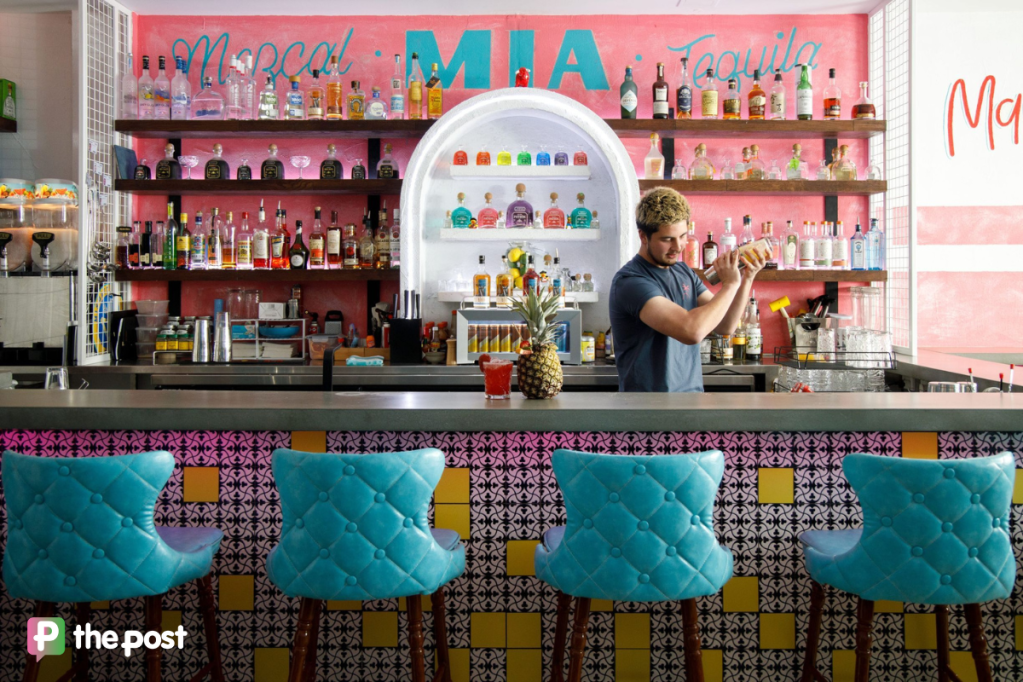What we know today, Friday December 24
Australians will be eligible for a third dose of COVID-19 vaccine earlier after the nation’s immunisation body recommended bringing booster timeframes forward.

- Third dose booster shot schedule brought forward
- Greece bans Christmas, New Year events over Omicron
- UK posts record 119,000 daily cases
- Christmas quarantine risk after new Adelaide exposure sites named
- SA Govt allows public sale of Rapid Antigen Tests after case surge
Third dose booster shot schedule brought forward
Australians will be eligible for a third dose of COVID-19 vaccine earlier after the nation’s immunisation body recommended bringing booster timeframes forward.
Health Minister Greg Hunt announced on Friday that from Tuesday, January 4, boosters will be brought forward to four months after the second dose, down from five months currently.
Then from Monday, January 31, people who have had two doses can get their booster after three months.
Around 7.5 million Australians will be eligible for their booster shot come January 4 and this will then jump to 16 million at the end of the month once the timeframe is dropped to three months.
States and territories will be able to move ahead of schedule and offer boosters under the shortened eligibility criteria if they are in a position to do so.
Some vulnerable and immunocompromised people will also be able to receive their fourth dose if the new timeframes make them eligible.
Hunt said priority would be given to Australia’s most vulnerable people and the ones who have waited the longest between doses.
“We know that it’s not an immediate thing when the vaccine starts to wear off,” Hunt said.
“It’s a time based thing and so we will prioritise the ones that are most at risk.”
Chief Medical Officer Paul Kelly wouldn’t speculate on whether the three month timeframe meant Australians would need to line up for four COVID-19 jabs each year.
Professor Kelly said the first two jabs remained the most integral component of the country’s vaccination coverage but it was important to receive a booster shot once you became eligible.
“We know that unfortunately two doses does not change that ability to become infected,” he said.
“(Protection) wanes over time. It remains in place for severe infection, but it’s diminished for Omicron compared with Delta.”
Hunt added that the booster also reduced virus transmission.
“Protection is very strong against severe illness, but what we’ll see is a much stronger protection against transmission,” he said.
Greece bans Christmas, New Year events over Omicron
You might like
Greece has banned public Christmas and New Year’s Eve festivities and mandated mask-wearing in open spaces to help to curb the spread of the Omicron variant.
The measures will be in effect from Friday morning and will also require citizens to wear two masks or masks offering high protection on public transport and in supermarkets.
Foreign visitors are “strongly encouraged” to take two PCR tests a few days after arrival.
Health Minister Thanos Plevris said additional measures were expected in the new year, mainly in entertainment and sports events, to avoid another lockdown.
“We are constantly monitoring the cases to see if behind Delta variant there is a spread of Omicron,” he said.
UK posts record 119,000 daily cases
Britain has a new record 119,789 daily cases as the Omicron variant sweeps across the country.
Many industries and transport networks are struggling with staff shortages as sick workers self-isolate, while hospitals in Britain have warned of the risk of an impact on patient safety.
Omicron’s rapid advance has driven a surge in cases in Britain over the last seven days, with the total rising by 678,165, government data showed.
As the Conservative government of Prime Minister Boris Johnson struggles to limit the economic impact of the latest COVID-19 outbreak it said on Wednesday it was reducing the legal self-isolation period in England to seven days from 10.

This change, which is aimed at getting people back to work sooner, applies to people who have been legally required to self-isolate due to a positive COVID-19 test who then get a negative lateral flow test result for two days in a row, after completing seven full days of isolation.
Johnson, who has staked considerable political capital on the Christmas of 2021 being “considerably better” than the previous year, on Tuesday ruled out new restrictions before the day itself, saying that there was uncertainty about the severity of Omicron and hospitalisation rates.
However, he did not rule out further measures to curb the spread of COVID-19 after Christmas Day, which falls on Saturday, if the situation deteriorated.
Christmas quarantine risk after new Adelaide exposure sites named
A host of Adelaide pubs, clubs, restaurants, gyms and childcare centres have been named as close contact exposure sites, with Christmas in quarantine a possibility for some of those attending.
SA Health says anyone who was at the following venues at the listed times who is unvaccinated must quarantine for 14 days and be tested immediately and again on days six and 13, while vaccinated contacts must quarantine for seven days and be tested immediately and again on days six and 13.
Black Bull Hotel: Saturday 18 December – 8.30pm to 9.30pm, Sunday 19 December – 12.00am to 1.30am
Cry Baby: Wednesday 15 December – 10.30pm to 2:30am Thursday 16 December
The Dog and Duck: Saturday 18 December – 10.30pm to 1:30am Sunday 19 December
Fat Controller: Saturday 18 December – 10pm to 3am Sunday 19 December
Holey Moley: (Staff and patrons) Sunday 19 December – 8.30pm to 9.30pm, (Staff only) Sunday 19 December – 5pm to 10pm
Osteria Oggi: Friday 17 December – 5.30pm to 7.30pm
Plain Jane: Sunday 12 December – 1.30am to 3am
Sunny’s Pizza: Thursday 16 December – 6pm to 8.30pm, Friday 17 December – 8.45pm to 110pm
West Oak Hotel: Thursday 16 December – 9pm to 1am Friday 17 December
Joe’s Henley Beach: Thursday 16 December – 11am to 12pm
MALOBO Bakery & Terrace Bar, Henley Beach: Thursday 16 December – 12pm to 1pm
Marion Hotel & Cellars, Mitchell Park: Thursday 16 December – 7am to 11pm; 11am Friday 17 December to 2:30am Saturday 18 December; 8am; 8am Saturday 18 December to 2:45am Sunday 19 December
Alma Tavern, Norwood: 5pm Saturday 18 December to 1:30am Sunday 19 December
Stay informed, daily
Windmill Hotel, Prospect: Wednesday 15 December – 11.30am to 9.30pm; Thursday 16 December – 11.30am to 9.30pm; Friday 17 December – 11.30am to 8.30pm
Zhivago: Sunday 12 December – 12am to 1.30am
Goodstart Early Learning Athol Park: Friday 17 December – 6.30am to 6.30pm
Emali Early Learning Centre Athol Park: Wednesday 15 December – 6.30am to 6.30pm, Thursday 16 December; 6.30am to 6.30pm, Friday 17 December; 6.30am to 6.30pm
Anytime Fitness Campbelltown: Thursday 16 December – 4.50am to 6.10am
Guardian Childcare & Education Croydon Park: Friday 17 December – 9.30am to 6.30pm
Beyond India, Ferryden Park: Tuesday 14 December – 9am to 5.30pm
Derrimut 24:7 Gym Gepps Cross: Thursday 16 December – 12.30pm to 2pm
Universal Store, Oaklands Park: Thursday 16 December – 7.30pm to 11.45pm; Saturday 18 December – 1.30pm to 6.30pm; Sunday 19 December – 8.30am to 10.30pm
Sushi Train, Plympton: Wednesday 15 December – 3.30pm to 4.30pm
Highway Child Care & Early Learning, Salisbury Downs: Monday 13 December – 6.15am to 6pm; Tuesday 14 December – 6.15am to 6pm, Wednesday 15 December – 6.15am to 6pm; Friday 17 December – 6am to 6pm
F45 Training, Torrensville: Monday 13 December – 5.40pm to 6.25pm
Pickle in the Middle, Unley: Thursday 16 December – 12.30pm to 3.30pm
Derrimut 24:7 Gym, Windsor Gardens: Tuesday 14 December – 3pm to 5pm; Friday 17 December – 6am to 7am
Kilkenny Primary School OSHC, West Croydon: Tuesday 14 December – 8.15am to 5pm; Wednesday 15 December – 8.15am to 5pm, Friday 17 December – 8.15am to 2.30pm

SA Govt allows public sale of Rapid Antigen Tests after case surge
The Marshall Government yesterday brought forward its timetable for the public sale of Rapid Antigen COVID tests in South Australia, after the state’s case numbers more than doubled overnight to 484.
The late afternoon announcement came after Premier Steven Marshall earlier indicated there were “millions” of test kits in the state but they would not be released for public use until after Christmas.
But after yesterday’s case numbers – including a man in his 30s being ventilated in a Royal Adelaide Hospital intensive care unit – the Government fast-tracked the sale of the self-testing kits to be permitted immediately.
Rapid antigen tests allow asymptomatic people in the community to screen themselves for COVID-19.
“We planned for the use of Rapid Antigen Testing to be implemented when we reached a level of COVID within the community and we have now hit that mark,” Marshall said in a statement.
People exhibiting symptoms or who are declared close contracts of positive cases are still advised to seek a PCR test from an SA Health-listed testing site, and isolate until they receive a negative result.
However, Marshall said local stores will “take time to transport the stock to their shelves”, urging patience over the coming days if tests are not immediately available.

“Rapid Antigen Testing is a useful tool for surveillance testing and asymptomatic South Australians who are looking for a greater of sense of confidence before socially interacting with others,” he said.
“Transition to the next phase of our COVID-Ready plan was always going to be challenging and I thank every South Australian for their efforts so far.”
Chief Public Health Officer Nicola Spurrier said that “with higher rates of COVID-19 now in our community the expanded use of Rapid Antigen Testing provides an excellent additional layer of protection and reassurance for individuals”.
“Importantly, [it] is not a diagnostic test for COVID-19 and anyone with symptoms, or a close contact of a confirmed case, should get a PCR test at one of our testing clinics,” she said in a statement.
She said the tests were most appropriate for people wanting reassurance before entering high-risk settings such as healthcare and aged care sites, before visiting crowded places, attending work or simply “to provide reassurance to asymptomatic people who are feeling anxious or worried in the current COVID climate”.
“It will also ensure we prioritise the PCR tests for everyone who had COVID-19 symptoms,” she said.
-With AAP and Reuters








